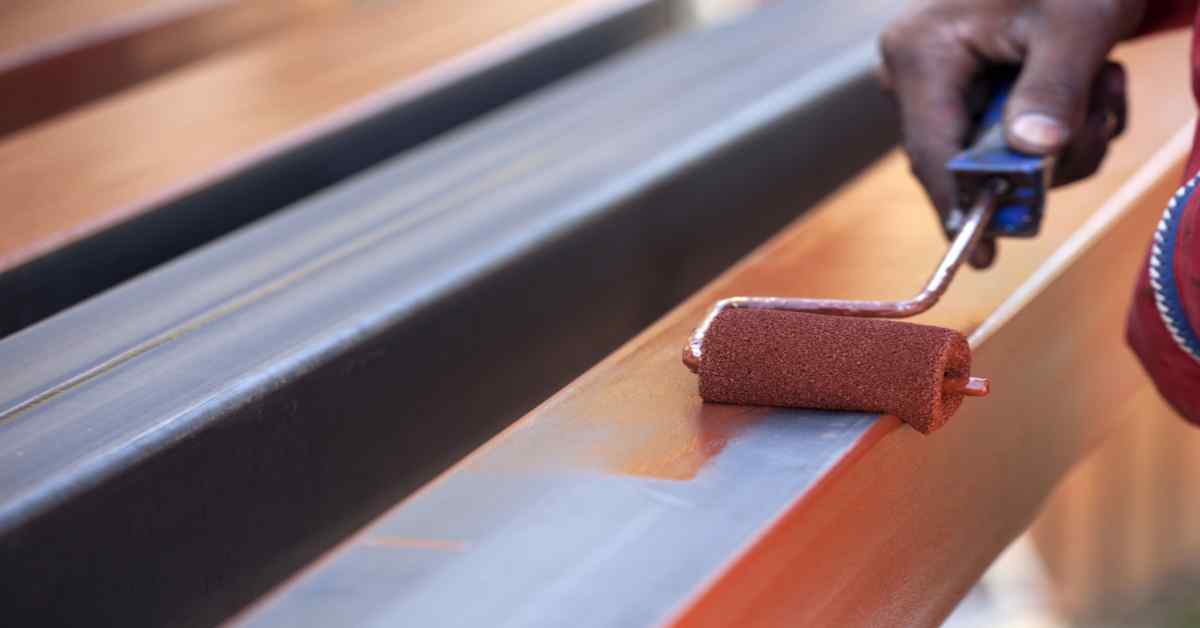Professional Painters Explain How Often You Should Paint:
When it comes to maintaining the beauty and integrity of your home, few things are as transformative as a fresh coat of paint. Whether it’s an exterior touch-up or a complete interior revamp, engaging professional painters ensures a high-quality finish that stands the test of time. But how often should you schedule painting services? Understanding the right frequency for repainting can save you time and money, and ensure your home looks its best year-round.
Understanding The Lifespan of Paint
The lifespan of paint varies significantly based on factors like paint type, surface, and environmental conditions. Interior paints generally last between 5 to 10 years, while exterior paints need refreshing every 5 to 7 years. However, these time frames can differ due to exposure to sunlight, moisture, and the quality of the initial paint job. The type of paint you use also plays a crucial role. High-quality paints with UV protection and mildew resistance can extend the life of your paint job, especially in challenging environments.
Additionally, surfaces like wood, stucco, and vinyl each interact differently with paint, influencing how long the finish will last. Wood, for example, may require more frequent painting due to its natural tendency to expand and contract with changing weather. Stucco, on the other hand, can hold paint longer if properly sealed and maintained. Environmental conditions, such as harsh sunlight, heavy rain, or extreme temperatures, can accelerate paint deterioration, making frequent touch-ups necessary.
Consulting with professional painters can give you a more accurate estimate tailored to your specific conditions, ensuring that your home remains aesthetically pleasing and well-protected. Regular assessments can help identify the best times for repainting, maximizing both the lifespan and effectiveness of your paint job.

Factors Influencing Painting Frequency
Factors like climate, the quality of the previous paint job, and the materials of your home can greatly influence how often repainting is needed. In regions with harsh sunlight, heavy rain, or extreme temperatures, paint tends to deteriorate faster. High-quality paints and skilled application by professional painters can extend the life of your paint job, reducing the need for frequent touch-ups. The type of material your home is made from—be it wood, stucco, or vinyl—also affects painting frequency. For instance, wood may need more regular repainting due to its natural expansion and contraction, while stucco can hold paint longer if properly maintained. Regular assessments by professional painters can help determine the ideal painting schedule for your home based on these factors.
Professional Painters Explain How Often You Should Paint: Benefits of Regular Painting
Regular painting offers numerous benefits beyond aesthetics. A well-executed paint job can significantly boost a home’s market value, with homeowners often seeing a return on investment of approximately 60% of the painting costs.
Furthermore, fresh paint helps protect your home’s exterior from environmental elements and prevents potential damage such as rot or mildew. By providing a barrier against moisture and UV rays, a quality paint job can extend the life of your home’s materials, saving you money on more extensive repairs down the line. This protective layer is crucial in maintaining the structural integrity of your home, particularly in regions with harsh weather conditions.
Interior painting, meanwhile, can enhance the atmosphere of your home, making it more inviting and comfortable. Fresh paint can improve indoor air quality by reducing dust and other allergens, especially when using low or zero-VOC (volatile organic compounds) paints. Additionally, changing interior colors can have psychological benefits, affecting mood and creating a more pleasant living environment. Investing in regular painting not only preserves the aesthetic appeal of your home but also contributes to its overall functionality and comfort.
Signs It’s Time to Repaint
Even with diligent care, the need for repainting will eventually arise. Peeling, cracking, or fading paint on your home’s exterior are clear indicators that the protective layer has worn off. This exposes your home to potential damage from moisture, UV rays, and other environmental factors. On the interior, persistent stains, discoloration, or marks that can’t be cleaned are signs that a fresh coat is needed to maintain a clean and appealing look.
Other signs to watch for include chalking, where a fine powder forms on the surface of the paint, and blistering, where bubbles appear under the paint layer due to trapped moisture. Both of these issues suggest that the paint is no longer adhering properly to the surface and is failing to provide adequate protection.
If you’re noticing these signs, it’s advisable to consult with professional painters to assess the extent of the damage and recommend the best course of action. They can provide an expert evaluation to determine if spot touch-ups or a complete repainting is necessary. Additionally, frequent inspections and timely touch-ups can help prevent these issues from escalating, ultimately extending the life of your paint job and preserving the appearance and integrity of your home.

Tips From Professional Painters
Professional painters recommend using high-quality paint and materials to ensure longevity and better protection against environmental factors. Regular maintenance is crucial; make it a habit to clean surfaces and address any minor damages promptly to prevent them from escalating. For exterior painting, aim to schedule the job during mild weather conditions to achieve the best results.
Interior painting also benefits from routine upkeep, such as wiping down walls to remove dust and stains. Additionally, consider using low or zero-VOC paints to improve indoor air quality and create a healthier living environment.
Another valuable tip is to pay attention to proper preparation before painting. This includes thoroughly cleaning surfaces, repairing any cracks or holes, and using primers if necessary. Proper preparation can make a significant difference in the final appearance and durability of the paint job.
Lastly, if you’re unsure about any aspect of the painting process, don’t hesitate to consult with professional painting services. They can provide personalized advice tailored to your home’s specific needs and conditions, ensuring that your paint job remains effective and visually appealing for as long as possible.





